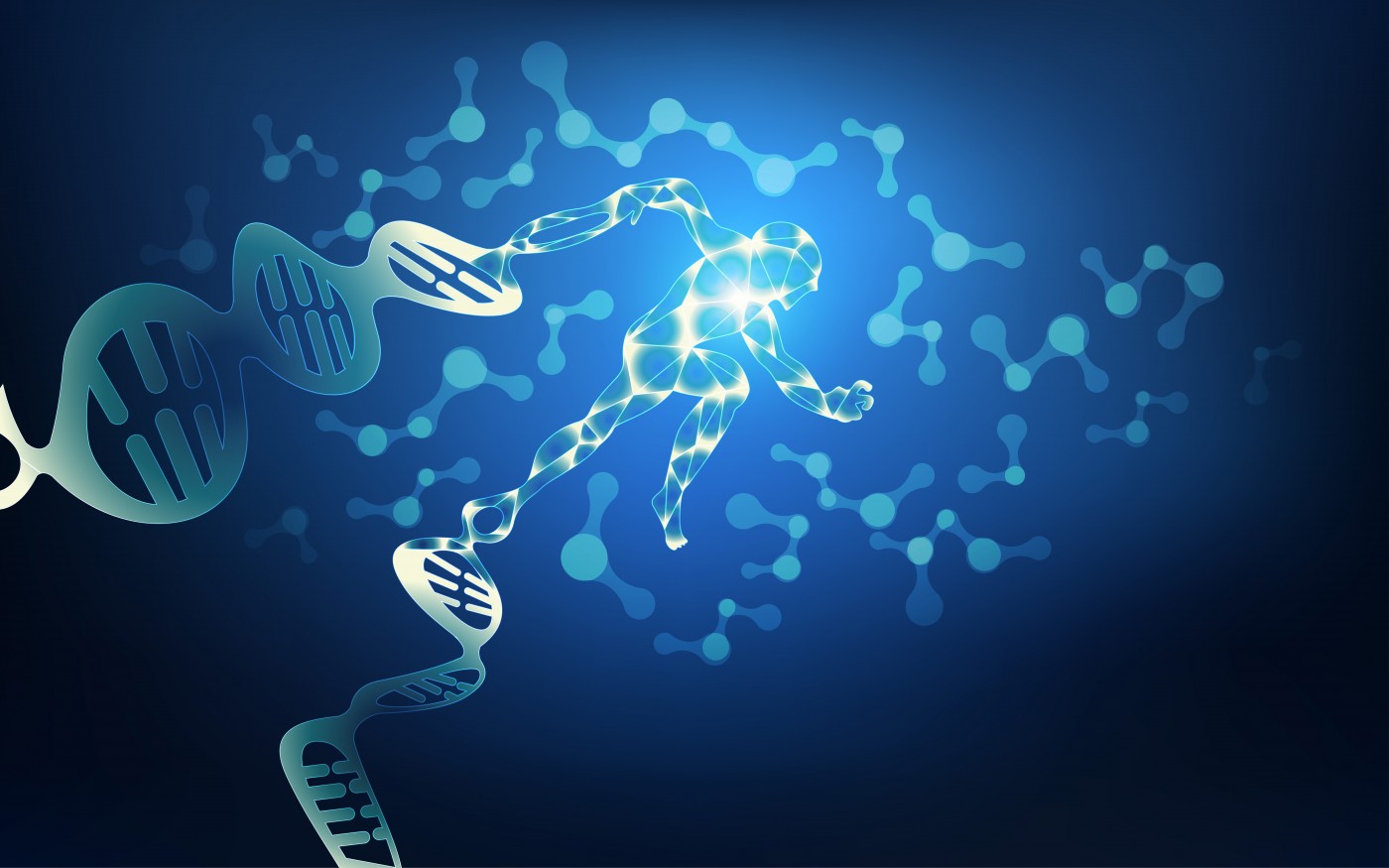Study Reviews Role of TBK1 Gene Mutations in ALS Development

How the TBK1 protein, the cell’s “clearing machinery,” contributes to the development of amyotrophic lateral sclerosis (ALS) was the focus of a recent review study.
The review, “Association Of Mutations In TBK1 With Sporadic And Familial Amyotrophic Lateral Sclerosis And Frontotemporal Dementia,” published in the journal JAMA Neurology, was conducted by researchers at Ulm University, in Germany, and Umea University, in Sweden.
TBK1 is one of the genes associated with familial cases of ALS. This gene encodes a protein whose work is to clean up damaged proteins in the cell. Mutations in this gene can lead to a protein that is unable to carry out this work (loss-of-function) or that works at reduced levels. In either case, damaged proteins accumulate within neurons, affecting their activity.
Recent evidence suggests that mutations resulting in TBK1 loss-of-function cause ALS and frontotemporal dementia (FTD), two related neurodegenerative disorders.
“To our knowledge, 77 … TBK1 variants have been identified to date in 103 of 5528 patients diagnosed with either ALS or FTD and reported in published screenings for TBK1 mutations,” the authors wrote. “These data indicate that … TBK1 variants can be found in approximately 1.9% of all ALS and FTD cases in the studied populations.”
According to the researchers, a 50% reduction in the levels of TBK1 protein is pathogenic — disease causing — to the brain. The production of loss-of-function TBK1 variants can be due to a mutation that stops the production of the protein too soon, or to deletion of one or more portions of the gene, leading to the production of an incomplete protein that is then degraded.
In ALS and FTD, it is possible that TBK1 plays a role in inflammation control and in autophagy (a process through which cells eliminate old or damaged organelles and molecules). When the protein is mutated, these processes are not carried out as they normally would be, affecting neuronal regulation and activity.
“Malfunctions of the autophagic pathway are of special interest because neuronal protein aggregates are hallmarks of both ALS and FTD,” the researchers wrote. “It is plausible to hypothesize that such aggregates accumulate due to dysfunction of the clearing machinery.”
Although most studies suggest that lack of TBK1 causes ALS and FTD independently of the mutation underlying it, researchers here recommended more studies be developed to accurately determine the role of TBK1 in the pathology of ALS and FTD, to know the minimal degree of TBK1 impairment necessary to cause neurodegeneration, and to be able to predict the level of damage certain mutations will cause in neurons.






